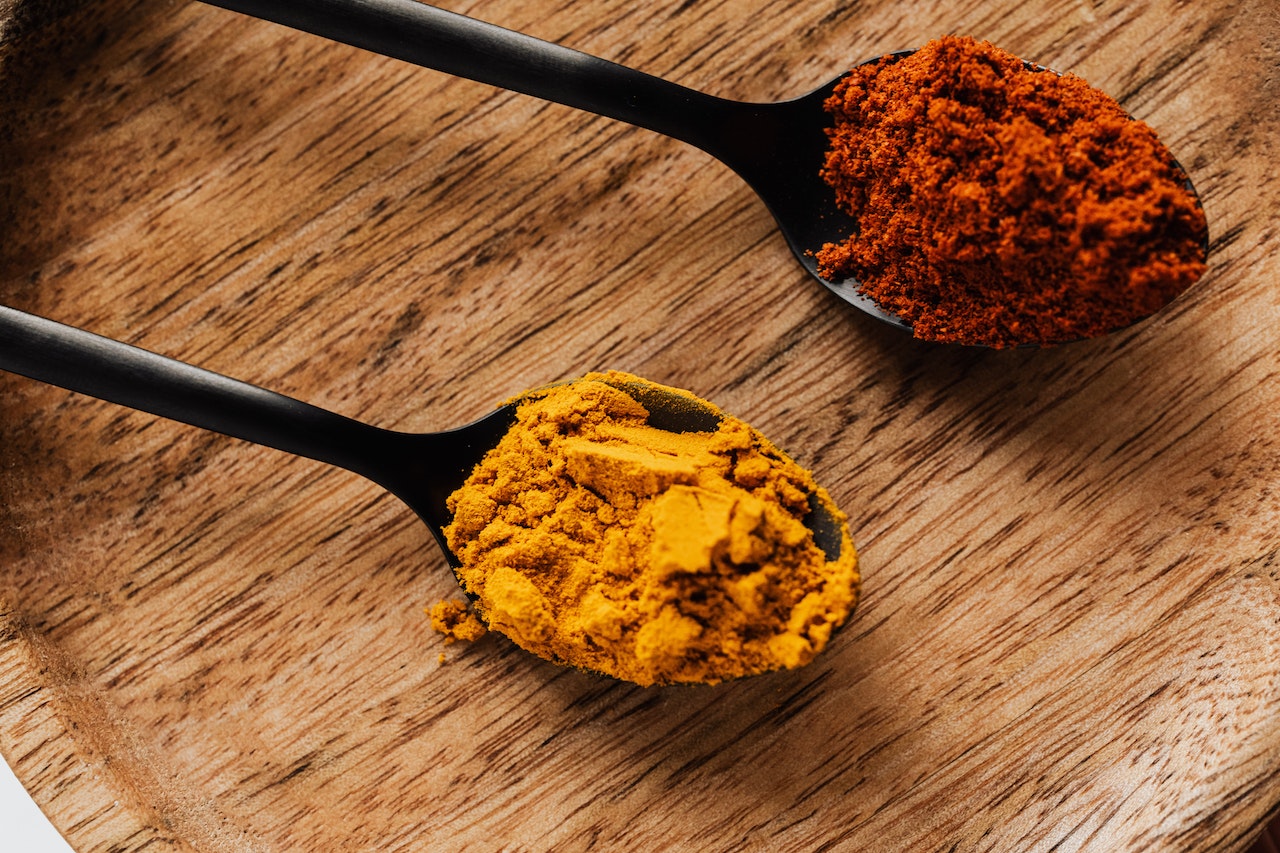What Is CoQ10 and the Advantages of Taking It as a Supplement
Coenzyme Q10 (CoQ10) is a naturally existing compound that is found in every cell in the body but is highest in concentrations in the heart, liver, and kidney. It is engaged in the production of energy in the cells and is also an antioxidant.
CoQ10 levels decline as we age, which may contribute to the age-related decline in energy production that we see in our cells. CoQ10 supplements have been shown to increase cell energy production and protect cells from damage caused by free radicals.
Meat, fish, and nuts all contain CoQ10. However, the amount of CoQ10 in these dietary sources is insufficient to raise the level of CoQ10 in your body significantly.
Dietary supplements containing coenzyme Q10 are offered as wafers, chewable pills, liquid syrups, and capsules.
Is It Necessary to Take COQ10?
While most healthy individuals already have plenty of it in their bodies, some evidence illustrates that supplementing with extra CoQ10 may be advantageous.
There is also some evidence that CoQ10 may help to improve heart health. CoQ10 has been shown to help reduce the risk of heart disease and to improve heart function in people who have heart failure. CoQ10 may also help to lower blood pressure.
Although it is still debatable, some preliminary research indicates that CoQ10 may help avoid or treat the side effects of statin-type cholesterol medications, such as muscle soreness and liver issues. It also helps prevent and treat migraine headaches.
According to a preliminary study, CoQ10 may reduce but not halt the progression of Alzheimer’s disease. More studies are needed to confirm this impact.
What Dosage of COQ10 Is Recommended?
There is no recognized optimum CoQ10 dosage. In studies, adults have received CoQ10 doses ranging from 50 mg to 1,200 mg, often spread out over the day. 100 to 200 mg is the usual daily dosage. Follow the directions on the bottle, or seek medical or dietician advice. Remember that the ingredients and strengths of various supplement products may vary.
Can You Naturally Obtain CoQ10 from Food?
Compared to supplements, natural food sources of CoQ10 are substantially lower in quantity. CoQ10 can be found in foods like fish from cold waters, such as sardines, mackerel, tuna, and salmon, dietary fats, and meats.
What Are the Side Effects of Taking CoQ10?
CoQ10 is generally considered to be safe, with few side effects. The most typical side effect is gastrointestinal upset, diarrhea, nausea, and heartburn.
CoQ10 may reduce blood pressure and blood sugar levels. However, be cautious when taking this supplement if you have diabetes, liver disease, heart failure, or any other chronic illness.
CoQ10 supplements are not suggested for children, pregnant women, or nursing mothers due to the lack of safety data.
CoQ10 supplements can interact with some medications like thyroid drugs and blood thinners, so it is important to talk to your doctor before taking CoQ10.
Conclusion
In conclusion, CoQ10 is a naturally occurring substance that plays a vital role in producing energy in the body. It is also a powerful antioxidant that can help protect cells from damage. CoQ10 levels may decline with age, so taking a supplement may be beneficial for older adults.
CoQ10 is generally considered safe, but it can interact with some medications. Therefore, it is important to talk to a healthcare provider before taking CoQ10 supplements.
If you are looking for a way to improve your health, our team at Rhythmic Health can help. We offer fish oil supplements to help you overcome many health issues and live more fulfilling lives. Contact us today to learn more!









